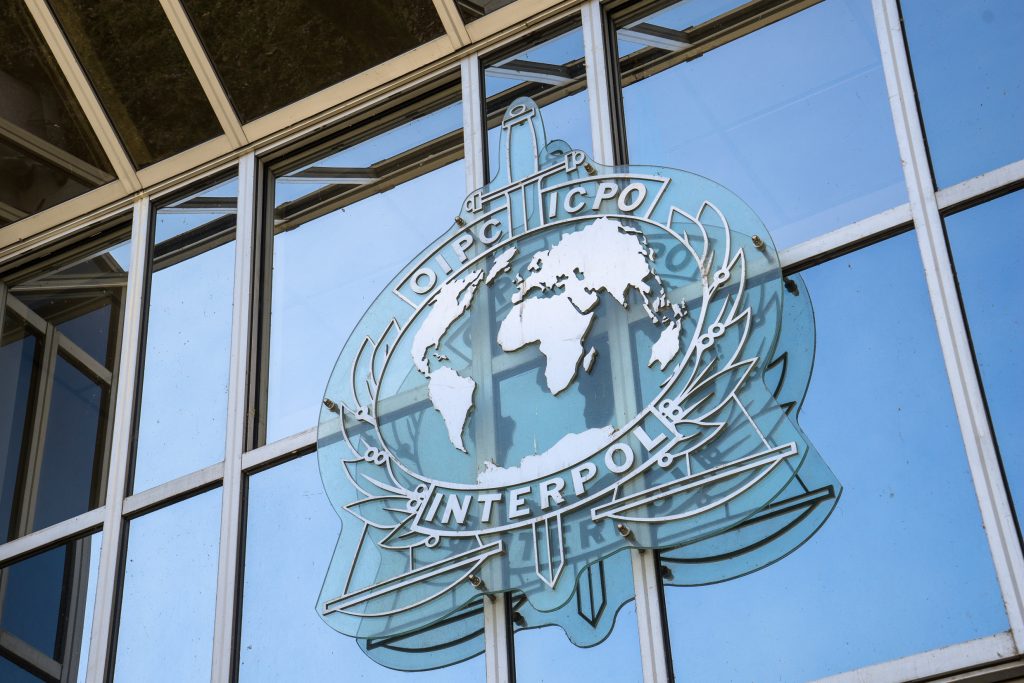Interpol’s announcement on 22 October 2025 of Operation Catalyst provides a timely example of the organisation’s work in Africa. The operation, which ran from July to September 2025, resulted in 83 arrests across six countries and identified potential terrorism-linked funds exceeding $260 million. It marks the first time that financial crime, cybercrime, and counter-terrorism units from multiple African nations have coordinated with Interpol and AFRIPOL to dismantle terrorist financing networks.
Authorities screened thousands of persons of interest, uncovering complex schemes ranging from cryptocurrency Ponzi operations to informal value transfer systems in Angola where $588,000 was seized. In one particularly sophisticated case, a Red Notice was issued for an individual behind a cryptocurrency scheme that defrauded victims of approximately $5 million, with investigators identifying methodologies consistent with known terrorist financing patterns.
This is precisely the type of work Interpol was designed to accomplish: enabling police forces to share intelligence, coordinate operations, and pursue genuine criminals across borders. The involvement of Angola, Cameroon, Kenya, Namibia, Nigeria, and South Sudan illustrates how Interpol’s notice system can unite disparate jurisdictions against common threats. The 83 arrests included 21 for terrorism-related crimes, 28 for financial fraud and money laundering, 16 linked to cyber-enabled scams, and 18 related to illicit use of virtual assets.
However, whilst celebrating such successes, it remains essential to stay alert to potential misuse of the system. Recent reports have emerged of Red Notices being issued in cases where the circumstances raise questions about proper process and adherence to Interpol’s standards. Not every Red Notice involves the clear-cut criminality seen in Operation Catalyst, and some cases involve allegations that may be politically motivated or procedurally questionable.
As we have documented extensively, Interpol Red Notices can be misused by regimes seeking to pursue political opponents or critics. The tool designed to catch terrorists and major criminals can, without proper safeguards, become what Rhys Davies describes as “the sniper rifle of autocrats.”
We have substantial experience with Interpol Red Notices in Africa and broader human rights cases across the continent. In September 2025, Rhys Davies and Ben Keith secured a landmark judgment at the African Commission on Human and Peoples’ Rights in the case of Acléo Kalinga. Our experience of working within Africa’s legal and human rights frameworks informs our understanding of how international mechanisms, including Interpol’s systems, can be manipulated by states willing to abuse their access to such tools.
A Red Notice can profoundly affect an individual’s life – restricting travel, damaging reputations, and creating constant fear of arrest in any of Interpol’s 196 member countries. This makes it imperative that the system maintains rigorous standards and that individuals subject to potentially abusive notices have access to effective mechanisms to challenge Interpol Red Notices through Interpol’s Commission for the Control of Files.
Operation Catalyst deserves full recognition as effective international policing. The results demonstrate what can be achieved when nations work together in good faith to combat serious transnational crime. But this success doesn’t diminish the need for continued vigilance regarding the system’s potential for misuse and the importance of being able to remove Red Notices that constitute Interpol abuse.
If you are concerned about a Red Notice or believe you may be subject to politically motivated Interpol proceedings, our team has extensive experience in challenging abusive notices and defending individuals before international bodies. We have successfully represented clients across Africa and understand the complex interplay between Interpol’s systems and regional human rights frameworks.
—
Image: Unsplash



